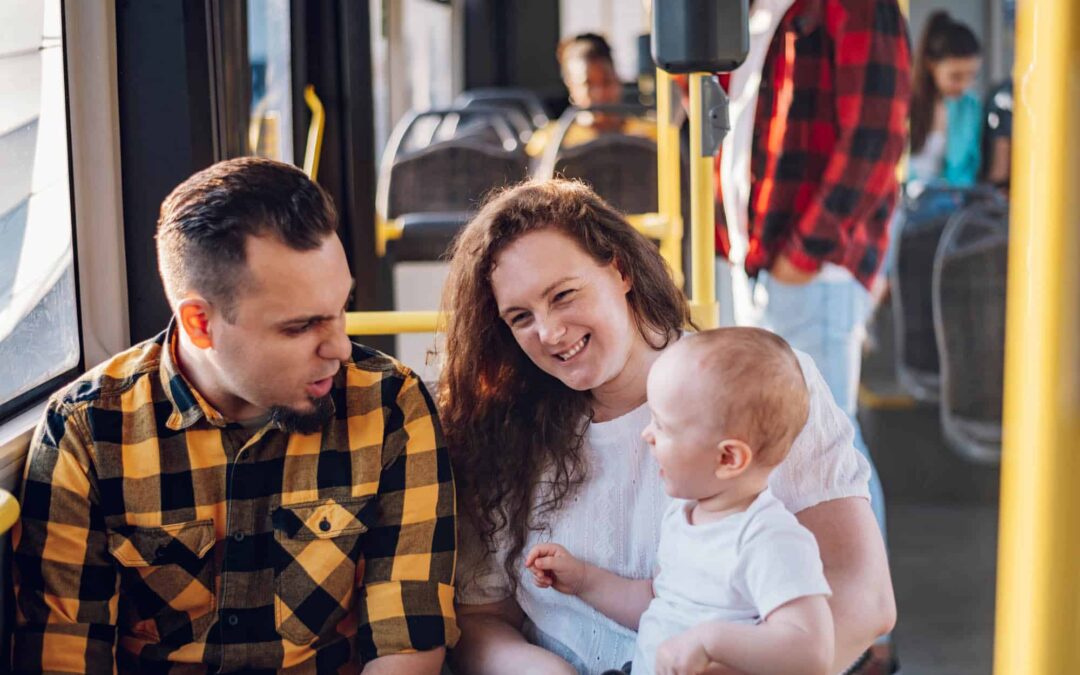Understanding Gabapentin and Its Use in Treating Anxiety
Gabapentin was initially created to treat seizures, but it has recently been recognized as a potential treatment for anxiety disorders. Although the FDA hasn’t specifically approved gabapentin for anxiety, doctors often prescribe it for this purpose based on their clinical experience and research studies.
Different Forms of Gabapentin Available
Gabapentin is available in several forms:
- Neurontin – The original brand-name medication
- Gralise – An extended-release tablet formulation
- Horizant – A prodrug version designed for better absorption
FDA Approval of Gabapentin
The FDA has approved gabapentin for:
- Treating seizures in epilepsy patients
- Managing postherpetic neuralgia (pain following shingles)
- Addressing restless legs syndrome (only for Horizant)
How Gabapentin Helps with Anxiety
Many individuals with anxiety disorders have found relief using gabapentin, especially those who haven’t responded well to traditional anxiety medications. The drug’s ability to calm nerve activity makes it an appealing option for treating various anxiety symptoms, including generalized anxiety disorder and social anxiety disorder.
It’s important to note that while gabapentin can be effective for some patients, its use for anxiety is not officially sanctioned. This underscores the significance of discussing treatment options with qualified healthcare providers who can offer personalized guidance and support.
Mechanism of Action
Gabapentin’s unique approach to managing anxiety lies in its interaction with the brain’s neurotransmitter systems. While it’s structurally similar to GABA (gamma-aminobutyric acid), gabapentin doesn’t directly bind to GABA receptors. Instead, it attaches to specific calcium channels in nerve cells, reducing their excitability and calming neural activity.
This mechanism differs significantly from traditional anxiety medications:
- SSRIs (Selective Serotonin Reuptake Inhibitors): Target serotonin levels by preventing reabsorption, maintaining higher concentrations in the brain
- SNRIs (Serotonin-Norepinephrine Reuptake Inhibitors): Work on both serotonin and norepinephrine systems to regulate mood and anxiety
- Benzodiazepines: Directly enhance GABA activity, producing immediate calming effects
Gabapentin’s indirect action on the GABA system creates a gentler effect compared to benzodiazepines. By modulating calcium channels, it helps:
- Reduce excessive neuronal firing
- Decrease the release of anxiety-promoting neurotransmitters
- Stabilize nerve cell activity without direct GABA receptor activation
This distinct mechanism explains why some patients who don’t respond well to traditional anxiety medications might benefit from gabapentin. The medication’s ability to calm neural circuits through calcium channel modulation provides an alternative pathway for anxiety management.
Efficacy in Anxiety Treatment
Research studies have shown promising results for gabapentin’s effectiveness in managing anxiety symptoms. A clinical trial published in the Journal of Clinical Psychopharmacology found that patients receiving gabapentin had a significant reduction in social anxiety symptoms compared to those taking a placebo.
Studies specifically highlight gabapentin’s benefits for:
- Social anxiety disorder
- Panic disorder
- Performance anxiety
- Pre-operative anxiety
While gabapentin shows potential benefits, users should be aware of common side effects:
Physical Side Effects:
- Dizziness
- Drowsiness
- Weight gain
- Coordination problems
- Fatigue
Mental Side Effects:
- Memory issues
- Difficulty concentrating
- Mood changes
- Depression
The effectiveness of gabapentin varies among individuals, with some patients reporting significant improvement within days, while others may need several weeks to experience anxiety relief. A 2019 meta-analysis revealed that 45% of patients using gabapentin for anxiety reported a meaningful reduction in symptoms within the first month of treatment.
The drug’s success rate appears higher when combined with other anxiety management strategies, such as therapy or lifestyle modifications. Patients with generalized anxiety disorder showed better response rates when gabapentin was used alongside cognitive behavioral therapy.
Dosage and Administration Considerations
The recommended starting dose of gabapentin for anxiety typically ranges from 100mg to 300mg taken three times daily. Your healthcare provider might gradually increase this dose based on your response and tolerance levels. The maximum daily dose shouldn’t exceed 3600mg, split into three separate doses.
Typical Dosing Schedule:
- Morning dose: 100-300mg
- Afternoon dose: 100-300mg
- Evening dose: 100-300mg
Individual responses to gabapentin can vary significantly. Some patients experience relief from anxiety symptoms at lower doses, while others require higher amounts for therapeutic effects. Your doctor will consider several factors when determining your optimal dosage:
- Age and overall health status
- Severity of anxiety symptoms
- Other medications you’re taking
- Kidney function
- Previous response to anxiety treatments
Since gabapentin isn’t FDA-approved specifically for anxiety, prescribing practices may differ among healthcare providers. Some doctors prefer starting with lower doses and increasing gradually, while others might begin with moderate doses based on symptom severity.
Taking gabapentin with food can help reduce potential stomach-related side effects. It’s essential to maintain consistent timing between doses to keep stable blood levels of the medication throughout the day.
Withdrawal, Rebound Anxiety, and Timeframe for Effectiveness
Stopping gabapentin suddenly can cause significant withdrawal symptoms, especially in patients who have been taking it for a long time. Common withdrawal effects include:
- Increased anxiety and agitation
- Sleep disturbances
- Sweating
- Rapid heart rate
- Nausea
- Seizures in rare cases
The severity of withdrawal symptoms varies based on factors like dosage, duration of use, and individual physiology. A structured tapering schedule under medical supervision helps minimize these effects.
Timeframe for Anxiety Relief
Gabapentin’s effects on anxiety symptoms usually follow this pattern:
- Initial effects: 2-3 hours after first dose
- Consistent relief: 1-2 weeks of regular use
- Full therapeutic benefit: 3-4 weeks
Some patients report immediate relief from physical anxiety symptoms, while others need several weeks to experience significant improvement. The medication’s effectiveness can be influenced by:
- Individual brain chemistry
- Severity of anxiety symptoms
- Concurrent treatments
- Lifestyle factors
Rebound anxiety – a temporary increase in anxiety symptoms – may occur during dose adjustments or discontinuation. This emphasizes the importance of working closely with healthcare providers to manage dosing changes and establish realistic expectations for treatment outcomes.
Side Effects, Safety Concerns, and Alternative Approaches to Anxiety Management
Gabapentin’s side effects range from mild to severe, impacting daily functioning:
- Common Side EffectsDrowsness and fatigue
- Dizziness
- Weight gain
- Memory problems
- Coordination difficulties
Safety Considerations for Substance Use History
Patients with previous substance use disorders need careful monitoring when using gabapentin. Research indicates a potential for abuse, particularly in individuals with a history of opioid or alcohol dependence. The drug can create euphoric effects at high doses, raising concerns about addiction risk.
Alternative Treatment Options
Several evidence-based approaches can effectively manage anxiety:
- Non-Medication TreatmentsMindfulness meditation
- Regular exercise routines
- Stress management techniques
- Dietary modifications
- Sleep hygiene practices
Therapeutic Approaches
Cognitive Behavioral Therapy (CBT) stands as a gold standard for anxiety treatment. CBT helps identify and modify thought patterns that trigger anxiety responses. Professional psychiatric support combines these therapeutic approaches with:
- Exposure therapy
- Group therapy sessions
- Family counseling
- Stress reduction workshops
- Regular mental health check-ins
These treatment options can work independently or complement existing medication protocols, providing a comprehensive approach to anxiety management.
Final Thoughts on Gabapentin’s Role in Anxiety
Gabapentin’s role in anxiety treatment remains complex. While it helps many patients manage their symptoms, its effectiveness varies significantly from person to person. The decision to use gabapentin should be carefully weighed against potential risks and alternative treatment options.
If you’re struggling with anxiety or have concerns about gabapentin use, reaching out for professional help is crucial. At Resolute Recovery, we provide personalized treatment plans that address both anxiety and addiction. Our experienced team can help you explore appropriate treatment options and support your journey to recovery.
Need support with anxiety or addiction? Contact our team today for a confidential consultation and take the first step toward better mental health. If your struggles include substance use, understanding the psychology of addiction could provide valuable insights. Furthermore, if you’re seeking a way out of substance abuse, we offer access to top rehab centers that can assist you in overcoming addiction and starting your recovery journey.




